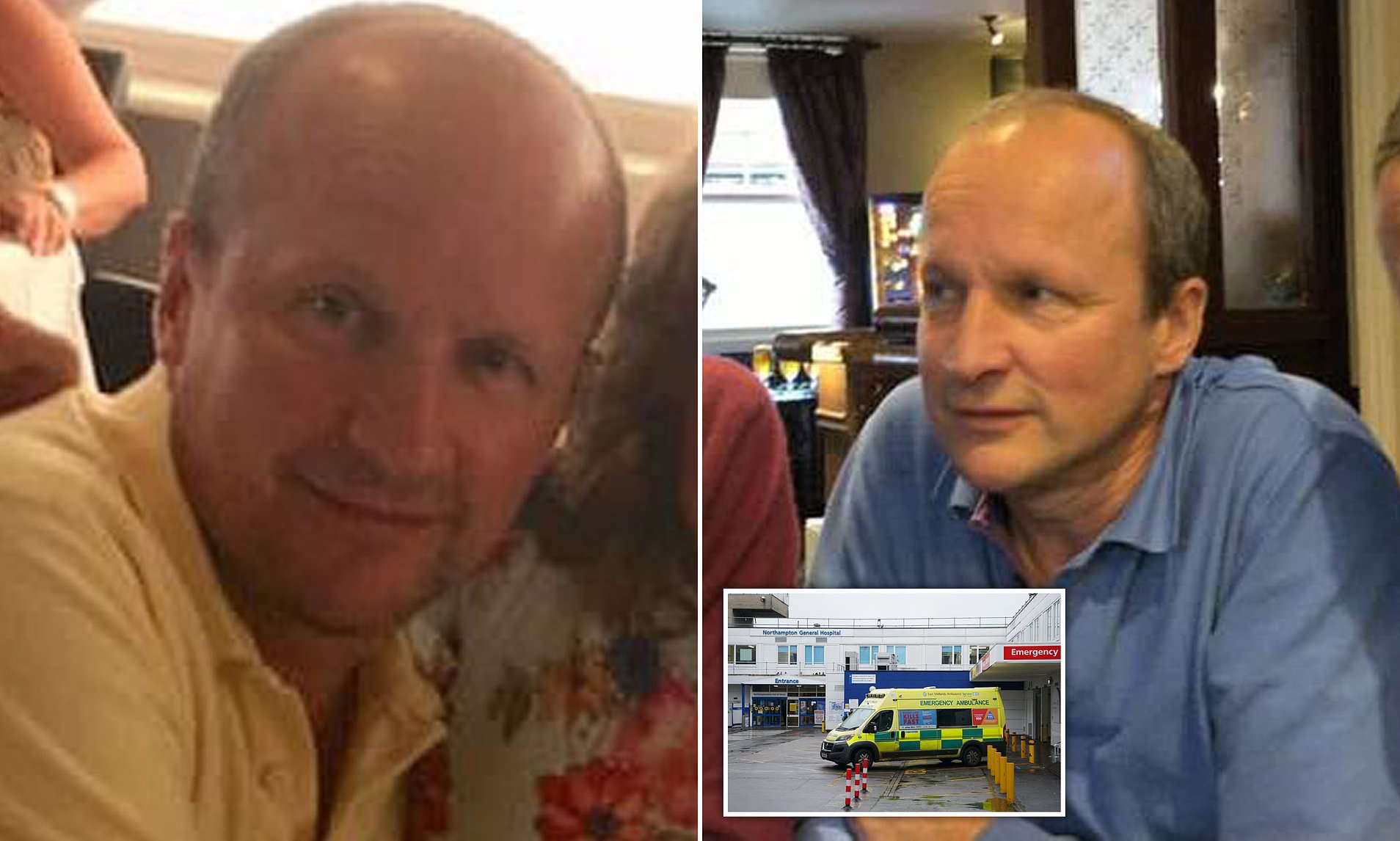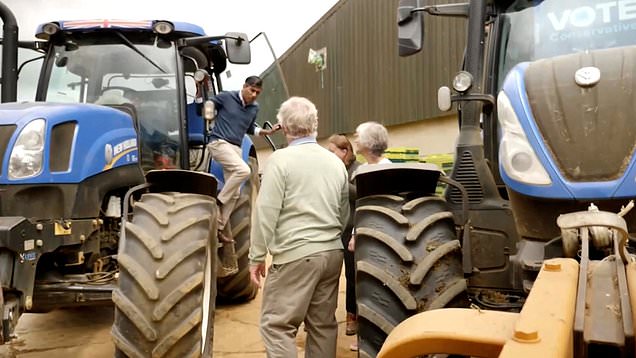
NHS ANAESTHETIST WHO USED PAIN-NUMBING DRUGS ON HIMSELF SUSPENDED
- Colleague joked about whether Michael Goodwin was putting drugs in coffee
- Were YOU treated by Dr Goodwin? Contact [email protected]
An NHS anaesthetist has been suspended after he took powerful drugs while administering sedatives to patients during operations.
Consultant Michael Goodwin, 55, claimed he began abusing controlled drugs at work due to him being fed up with NHS 'bureaucracy.'
Between 2019 and 2021 the father of four secretly looted supplies of the unnamed medication used for general anaesthesia while on shift at Northampton General Hospital.
He then self-administered the drugs either before or after putting patients under during operations.
Goodwin also dishonestly entered false information on a controlled drugs register to cover up the amount of medication he was stealing.
One colleague who noticed high levels of medication being inputted on the register even joked with Goodwin about whether he was 'putting the drug in his coffee'.
The consultant, who worked for the trust for 20 years, was eventually confronted in May 2022 and after he confessed wrongdoing was reported to the General Medical Council.
At the Medical Practitioners Tribunal Service in Manchester, Goodwin who lives in Northampton was found guilty of serious professional misconduct and was banned from treating patients for 12 months.
He had been due to take up a new post at Coventry Hospital later this month and he urged the panel to allow him to work under a number of restrictions which would have included him taking regular drug tests at work.
The hearing was told Goodwin who had joined Northampton Hospital in 2002 and also worked at the privately run Three Shires Hospital had developed a 'drugs disorder' after a 'number of difficulties in his personal and professional life, which he said had been acutely stressful'.
A heavily redacted MPTS report about the investigation said: 'Dr Goodwin felt that his job had become more bureaucratic and frustrating.
'He described how getting through his day-to-day job had become a struggle and he said that he had been returning home 'less and less satisfied and more worried'.
'As a result of these stressors, Dr Goodwin said that he sought solace from (unnamed anaesthetics).'
Goodwin said that initially he obtained the drug by taking away any that was left over from procedures.
But eventually he requested more from the drugs cupboard than was needed for the patient for his own use.
The MPTS report added: 'He explained to the Tribunal that the drug was for patients undergoing a general anaesthetic and is one of a number of drugs that is used in general anaesthesia.
'He said that he would take (the unnamed drug) while in theatre and then leave theatre to self-administer the drug.'
Dr Goodwin described self-administering the unnamed drug during breaks between procedures.
On one occasion during a procedure when the patient was under anaesthesia, he left the patient with an Operating Department Practitioner (ODP) in order to self-administer.
However he said the patient had been left for only a few minutes while he went to the toilet, which was only a few yards away.
He also described how he had tried to go to the toilet on a previous occasion, during the same operating procedure, but that it had been occupied.
Goodwin was asked whether or not an ODP had ever questioned the quantity of the unnamed drug that he had been prescribing to patients.
He replied that as a joke an ODP had asked him if he was putting the drug in his coffee.
Goodwin accepted that taking the drug while working as a consultant anaesthetist was deplorable behaviour and that it had the potential to harm patients.
He admitted that he was in a position of trust as a senior doctor and that his actions let down his colleagues.
For the GMC Ms Priya Khanna said: 'Dr Goodwin's job was to anaesthetise patients and yet he had been using the very drug on himself during procedures.
'He was self-anesthetising during procedures and, on one occasion, while a patient was on the operating table.
'Such behaviour strikes at the heart of the confidence that the public place in the medical profession.
'This was a very grave matter and that Dr Goodwin had not only put patients at risk but had also made his colleagues complicit in his dishonesty.'
For Goodwin, defence counsel Tom Day said: 'When Dr Goodwin was confronted about the issue he reacted with striking honesty, he admitted his behaviour without hesitation or minimisation.
'No actual harm was caused to patients, there was no evidence of poor performance on Dr Goodwin's part.
'His misconduct was an aberration in an otherwise unblemished career.'
MPTS chairman Simon Bond said: 'Dr Goodwin self-administered a controlled drug on a regular and repeated basis over a period of two years within a clinical setting, while working as a Consultant Anaesthetist.
'Consultant Anaesthetists administer large doses of 'highly toxic' drugs to patients day in, day out and patients would die if they were not in a controlled state.
'By self-administering during the course of his duties, Dr Goodwin had broken the essential bond of trust that should exist between patient and doctor.
'He selfishly put his own interests before those of the vulnerable patients in his care he also treated his colleagues with contempt and disrespect.
'That no harm came to any patients was, in the Tribunal's view, a matter of luck rather than judgement.
'A member of the public, with knowledge of Dr Goodwin's behaviour, would be appalled and might understandably be apprehensive about being treated by him in the future.'
Read more 2024-07-01T09:56:22Z dg43tfdfdgfd
